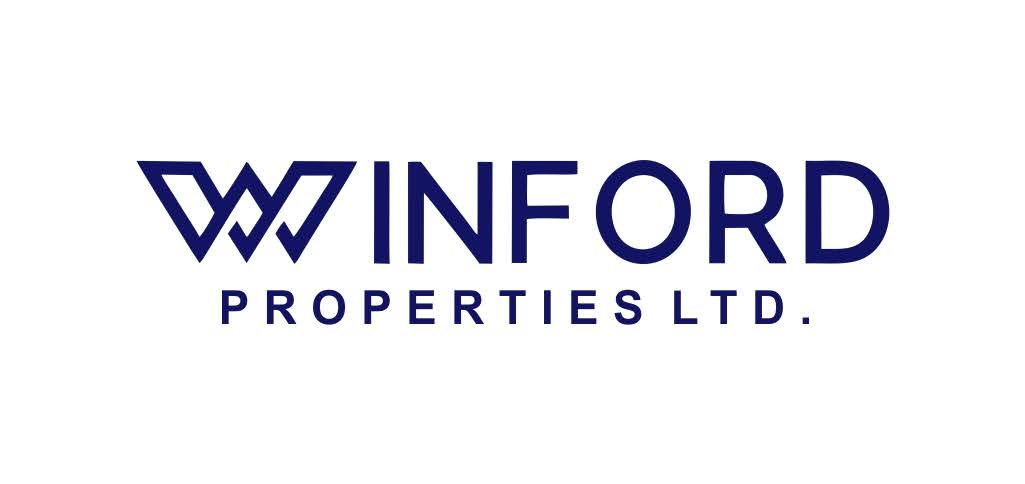From the minute you conceive the thought of buying a home to the moment when you make the purchase, you are sure to feel overwhelmed, frustrated and tired. The entire process of making a home purchase can be quite exhausting but we won’t lie, it is fun too! Anyway, one part of the process that is particularly daunting is negotiating. Buyers are always wondering, “should I go higher or lower?”. Well, today, we’d share some information that can help you decide. Read on!
When Should My Offer Be Below The Asking Price?
There are a variety of reasons why you might be able to negotiate a lower purchase price for the house. Some sellers may ask for significantly more than the market will bear since they are in no hurry to sell, while others may be frantic to move their property quickly and be open to negotiations on price. You'll be glad you did your research before submitting an offer on the property. Things to keep an eye out for would be how long the property has been on the market and whether or not the owner has a pressing need to sell. Try to imagine yourself in their position; would you be willing to settle for a lower offer on the property if the roles were reversed?
In addition to the aforementioned, there are further justifications for submitting an offer that is below the seller's asking price. Your offer could be more appealing to the seller than others on the market because you are chain-free or a cash buyer, for example, or because you believe the property needs repair to bring it up to standard. Keep in mind that the price tag is negotiable. You can make a reasonable, lesser offer if you believe the property is worth less than the seller is asking.
When Should My Offer Meet The Asking Price?
In some cases, the amount being asked might be reasonable, or even a steal. If the asking price is suspiciously low, it's a good idea to do some additional research to be sure you haven't overlooked anything. You may be willing to pay the seller's asking price for a house or apartment because, after careful consideration, you've concluded that this particular house is perfect for your family. Nonetheless, it is important to check that you are not overpaying, which could lead to problems down the road.
When Is It Best To Offer More Than The Asking Price?
If you can't afford to pay the full asking price, then you should consider offering extra. An offer beyond the asking price may be warranted and can ward off the risk of getting gazumped. That is especially if you are property hunting in a competitive market.
Nonetheless, there are a few points to keep in mind. Given the competitive nature of the market, your prospective property acquisition may already be at the high end. Offering above the asking price increases the likelihood of a short-term loss should the market experience a downturn. If this is your lifetime home, great! But if you plan on moving again soon, this may not be the best option. Sticking to your financial plan is also essential. Bear in mind your original price range and try not to budge due to the perverse effects of intense competition. If you find out that you've gone too far, your dream house may rapidly become a nightmare.
How To Make An Offer On A Home Or Apartment
After doing your homework, finding a place you want, and doing the research needed to come up with an offer you think would suit both you and the seller, what is the right procedure for placing an offer on a house or apartment?
You should submit your offer to the estate agent dealing with the property in question, either in person or over the phone. And yes! Put your offer in writing. Estate agents have a legal obligation to present all offers they receive to the buyer, so it's best to put yours in writing to avoid any misunderstandings.
